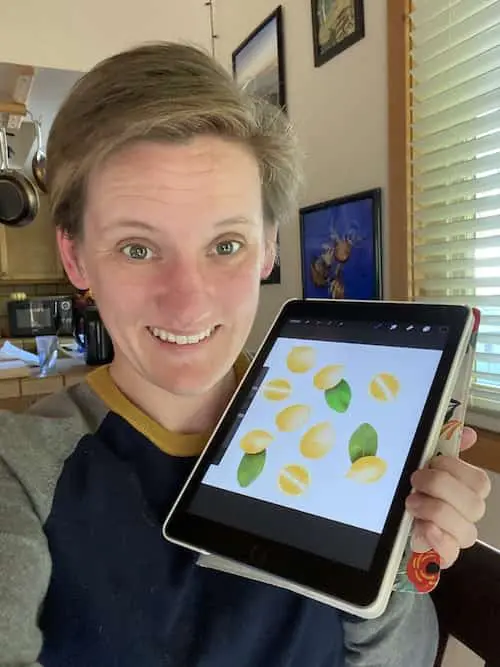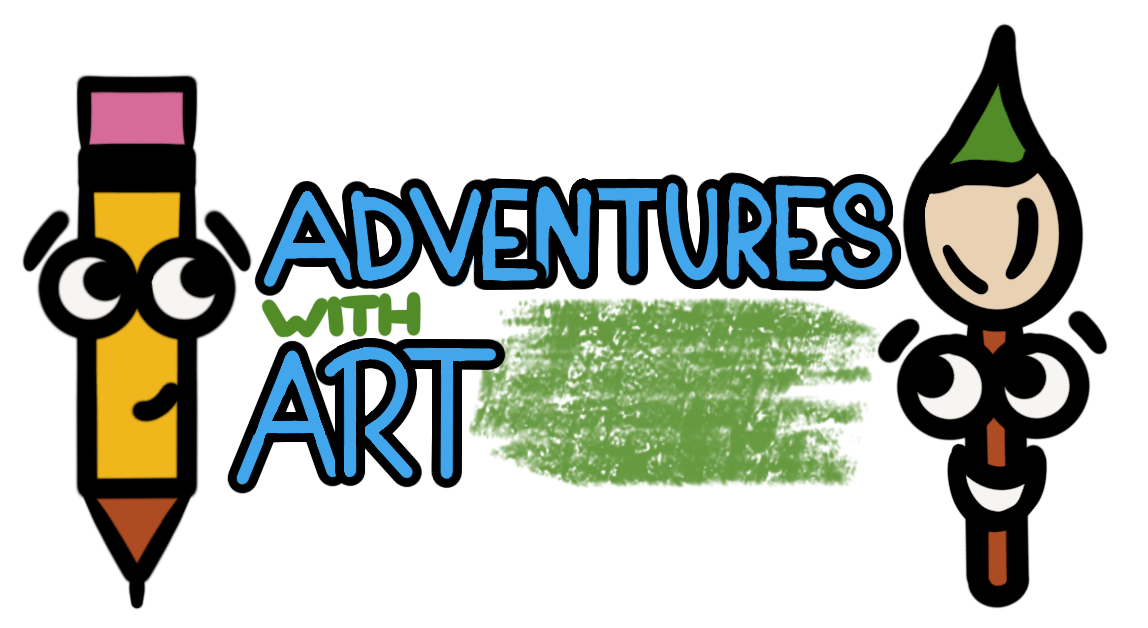The art world is full of a lot of talent. There are a lot of skilled creators who seem to have an innate ability to dream of beautiful things and make them come to life. Sometimes it feels like people are born with this innate art bug or they’re not. The artwork is just THAT good. How much of a role does talent play in learning art? If someone doesn’t have artistic talent, is it a skill that can be improved upon, or is all hope lost?
Even if you believe you have no talent, anyone can learn to be an artist with the right training, tools, and passion. While becoming an artist will likely take more work than for someone who has a natural talent as an artist, art is like any skill that can be learned and improved upon.
If you’re an aspiring and budding artist who is feeling discouraged by a perceived lack of artistic talent, don’t worry about it. Even the best artists have been in your shoes. Let’s dive into what it means to have artistic talent and whether it really matters or not.
Art is a Skill Like Any Other
Coding, ballet, accounting, rocket science, teaching, writing, and art. They’re all skills; and no one is born with expert level abilities to complete any of these skills. All of us go to school, follow our passions, get swayed by parents and society, take some twists and turns, and wind up in the working world with a portfolio full of skills that we use in our jobs to come.
Art is the same way. We begin with the drawing basics and progress from there.
When we look at talent, all of us are handed a different set of cards. Some of us are naturally good at sales; some of us are naturally good at science; some of us are naturally good at art.
Even though we may be naturally good at something, that doesn’t mean that we’ve taken the time to actually learn how to do it. There are also talents we’ll never know we have. Who knows, I may have a natural talent for unicycling, but I’ll never know it.
Let’s be clear that talent IS a factor in how our lives play out. We get more opportunities; we understand our competitive advantage; we make different choices with how we spend our time. When we have talent, it gives the appearance that we’re better than others at the skill we’re talented at. Talent isn’t the whole story though.
A lot of times, we think that innate talent is the problem, when it’s really something else that is holding a lot of people back from developing their art skills — hard work.
Art is Really Hard Work
If you’re reading this post, you already know that art takes a lot of time and energy. It’s not easy. If it were, we would all be good artists and spend our days painting murals on the sides of buildings or something. Art is hard, even for those who have talent.
I view talent as a foundation. When we have a talent for a certain skill, our foundation might be stronger than others. It’s like we’re starting from 2nd base instead of 1st. We still have to do the work to run the rest of the bases and make it to home plate though.
Even those with the most amazing artist talent still work really hard. The difference is that these people may pick up on art techniques more quickly and struggle less to turn their vision into reality. Talent may help to shorten the learning curve and get them ahead faster.
If you think about professional artists, they are putting in full-time effort to improve upon their craft. Think about the amount of time and energy you put into your own profession. While talent is a factor, eventually it’s about putting in the elbow grease.
None of us devote as much time to our art as professional artists do, unless we’re professional artists. It just isn’t doable. Yet, we’re comparing ourselves to them. We look at our art and we look at theirs and wonder where we went wrong. We wouldn’t do that with any other professionals like doctors or financial planners.
Yes, those with artistic talent may start off with a stronger foundation, but at some point, the hours and hours of work they’ve put into improving their skills has to be accounted for. Artists work really freakin’ hard to get to where they’re at.
That said, there is one important aspect of having talent that makes doing the hard work a bit easier.
We Like to Do Things We’re Good at
I’m awful at math. All through school, I struggled with math and really hated it. I don’t like struggling and feeling incompetant, so I decided to avoid the activity that made me feel that way. I spent my entire academic education trying to stay away from math as much as possible.
Then, in college, I took a Chemistry class that really clicked with me. Science is cool though, right? What I didn’t realize was that I was suddenly excelling in math. There I was balancing equations and getting As on my exams and suddenly excelling in math. I was good at it and I really enjoyed it. I worked so hard in that Chemistry class partly because I was good at it and I really enjoyed being good at it.
When we’re talented at something, we get told throughout our entire lives how good we are at it. Praise feels good. Looking at the work of others and seeing that ours is better also feels good.
We like to do things we’re good at, which means that we’ll naturally work harder at them.
Having artistic talent comes with the advantage of positive feedback. Even if mastering a certain skill is hard, the hard work is rewarding because there’s a history of accomplishment underneath it.
There’s a sense of confidence that the skill can be achieved and overcome. Think about how I excelled in Chemistry without even realizing that I was doing math. Had I heard all about the math ahead of time, it might have killed my confidence and freaked me out about how I would perform.
In the end, talent isn’t everything. Talent lays a strong foundation and goes a long way in building someone’s confidence in a skill. This can make it easier and more motivating for someone to do the hard work required to hone that skill and make the most out of it.
So, talent or not, what should you do if you don’t have the time to put in the hard work required to grow your artistic skills?
Commit to Doing a Little Art Every Day
Most of us don’t have the time to devote to our art that most professional artists do. That’s ok though! Just because we have busy schedules doesn’t mean that we should ditch all of it and find a new Netflix show to watch. Every single skill can be improved upon, even when we don’t have as much time as we wish we did.
With me, I see the direct impact of consistent practice on my art skills. There have been times where I went for long stretches of time without doing any art and could barely draw a circle. No one would ever say that I had any artistic talent during those times. But, once I got rigid with an hour a day of practice, I would grow my skills again and be back on my artistic game.
It doesn’t matter if you have artistic talent. I don’t think that I do. Maybe I do. I don’t really care. What matters is the hard work. Even if you only have 10 minutes a day, spend those 10 minutes doing intentional and consistent art practice. Just because you can’t work hard for 40 hours a week on your art doesn’t mean that you can’t work hard for 10 minutes or an hour. It’s not all or nothing.
Important note: keep track of your progress. When you’re working every day, it can be hard to see the journey from point A to point B. Make sure to look back at your older pieces of art and see how far you’ve come. This will help you maintain your motivation to keep working or your art skills on a daily basis.
Forget about talent. You can’t change whether you have talent or not. What you can change is how hard you work. So, get out there and start doing the hard work.
If you want to work on your art skills in a fun and engaging way, Bluprint offers a TON of great classes that you can use on a daily basis to continue your art practice. Their instructors are top notch experts in their industry. Everything from drawing and painting to paper crafts and quilting, Bluprint will give you the confidence to take your art to the next level.

Diana has been an artist for over 27 years and has training in drawing, painting, digital drawing and graphic design. Diana’s latest obsession is digitally drawing with Procreate and Procreate Dreams. Diana has experience selling her art across a number of platforms and loves helping other artists learn how to make money from their art as well.
